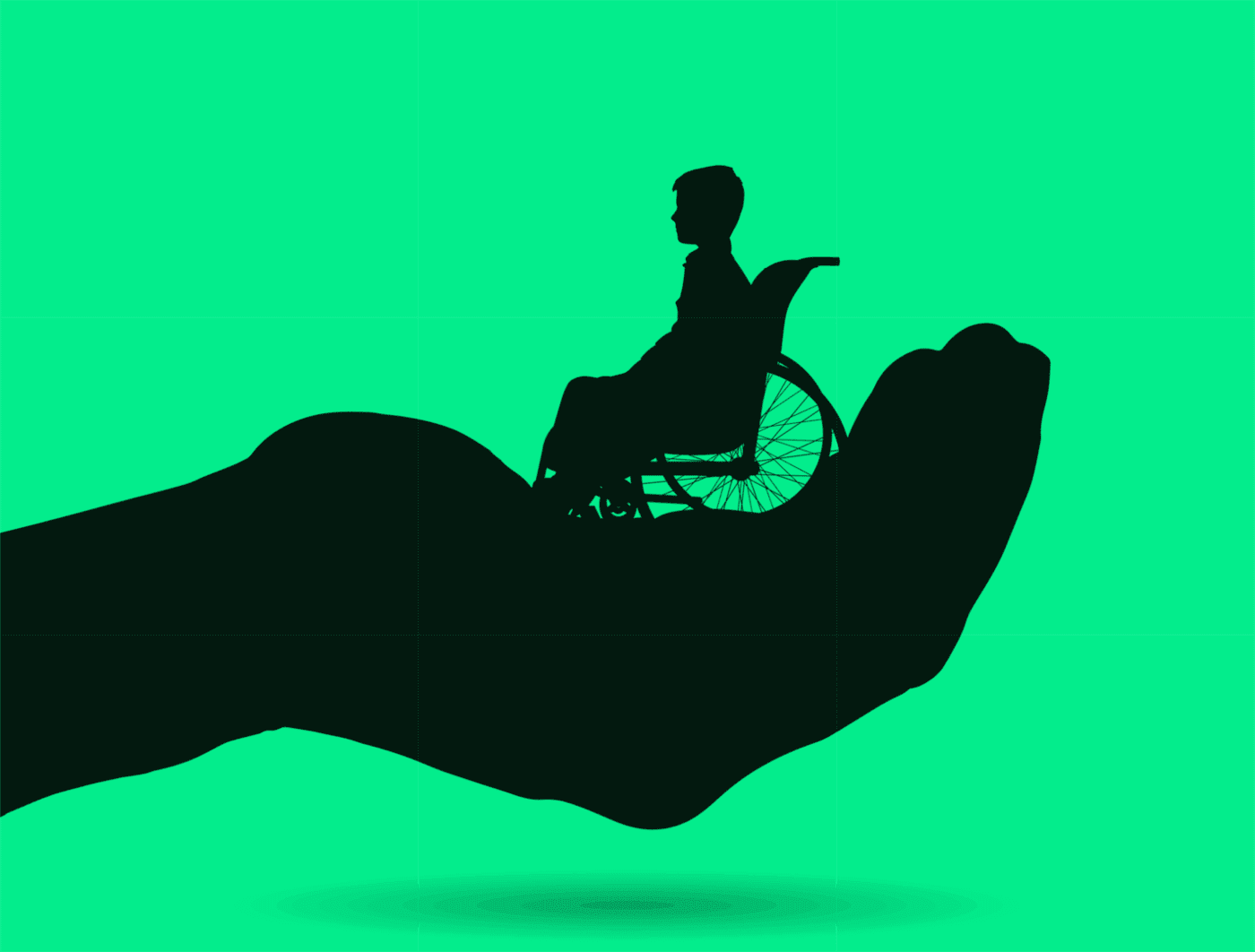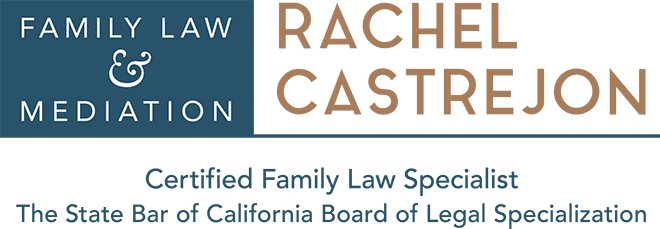Is My Adult Disabled Child Entitled to Receive Support?

In California, a parent has a right to receive child support for an adult disabled child. Family Code section 3910 provides: “The father and mother have an equal responsibility to maintain, to the extent of their ability, a child of whatever age who is incapacitated from earning a living and without sufficient means.
Specific cases have defined what it means to be “incapacitated from earning a living” and “without sufficient means.” Incapacitated from earning a living means “an inability to be self-supporting because of a mental or physical disability or proof of inability to find work because of factors beyond the child’s control.” (See Marriage of Drake, (2015) 241 Cal.App.4th 934, 940 (citing Jones v. Jones (1986) 179 Cal.App.3d 1011, 1014–1015, 225 Cal.Rptr. 95.) The determination as to whether the child is without sufficient means is resolved by determining the likelihood that the child will become a public charge. (Drake, 241 Cal.App.4th at p. 940.)
How is Adult Child Support Calculated?
Adult child support is determined by the statutory guidelines set forth in Family Code section 4050 et. seq. The primary factors that influence the amount of child support that a parent will have to pay are the amount of time each parent spends with the child(ren) and the income of both parties. There are other factors, such as tax exemptions and deductions, retirement contributions, unearned income and earning capacity, that affect the child support amount. There’s more information in the post The Primary Factors in Child Support.
What if my Adult Disabled Child Doesn’t Live with either Parent?
The obligation to support an adult disabled child runs to the child, not to either parent. If the child has a conservator, legal guardian or other legal representative, the payments could be made to that person on behalf and as a fiduciary to the child. If the child lives with one of the parents, it is unclear whether the support can be paid directly to the parent or if it must be paid to the child. (See Drake, supra, 241 Cal.App.4th at 942, stating “When the adult child is disabled and lives with a parent who bears the primary financial responsibility for the child’s care, payment of adult child support to the parent makes sense.”) If the child does not live with either parent and does not have a guardian or other legal representative, the support could be paid into a trust account on behalf of the child.
